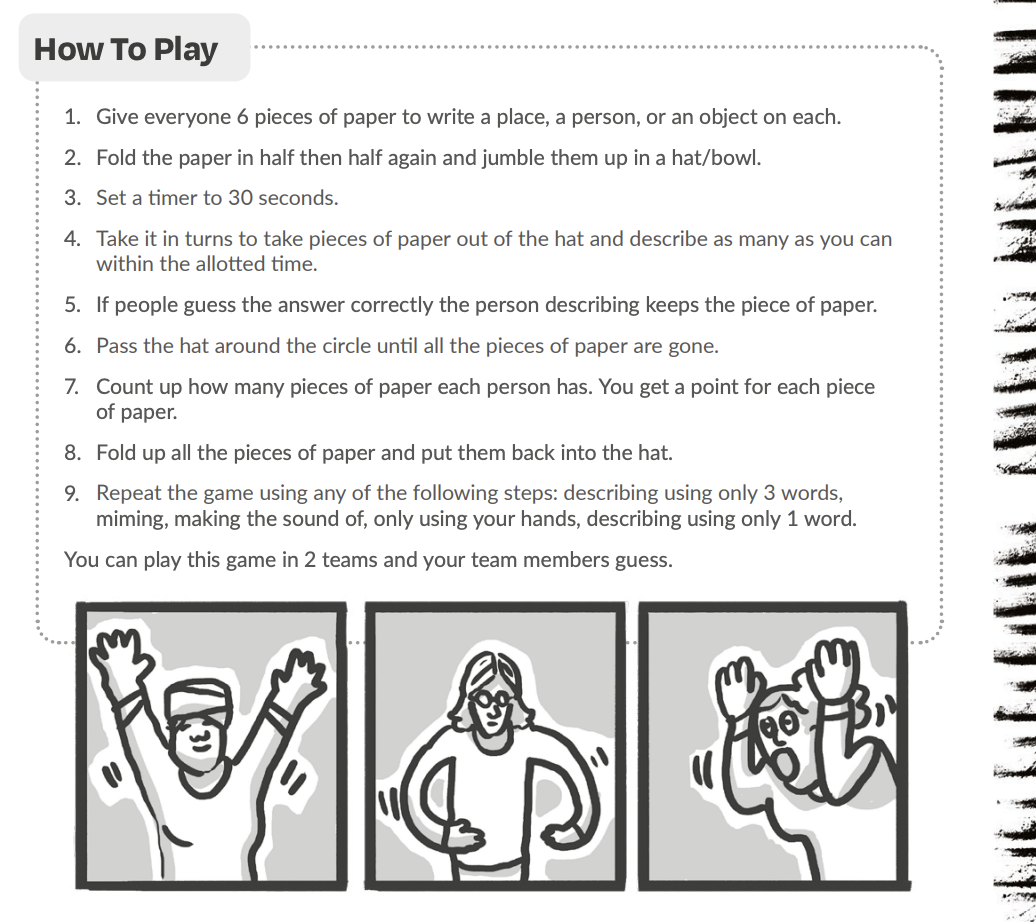Build: Amplifying Youth Voices
There are many reasons why a young person might be excluded from their mainstream school, but in recent years school exclusions within the UK have fallen into a pattern which actively penalises certain groups. Black and minoritised young people and those with Special Educational Needs are over-represented in school exclusion figures, as are students living in deprived areas. There is also a strong link between young people who lack positive wellbeing, emotional strengths and support networks, and a higher chance of school exclusion. Looking at this evidence it is easy enough to draw the conclusion that school exclusions highlight a deeper societal issue in the UK.
There is an urgent need to mitigate the impact that school exclusions might have on a young person because of the research that points to an increased likelihood of longer-term negative mental health and social exclusion. It may also be true that young people excluded from mainstream school are likely to have a range of existing vulnerabilities, which put them at risk of negative life experiences, and becoming involved in the criminal justice system. Our Build program has been designed specifically to provide young people with protective factors that can aid them in overcoming the potential negative consequences of school exclusion.
Our recently concluded ‘Build’ programme took place between 2017 – 2023 and sought to increase the skills and address the risk of involvement in criminal activity for young people excluded from mainstream school in Tower Hamlets. The programme was generously funded by the London Mayors Young Londoners Fund, Tower Hamlets Council and the East End Community Foundation.
In 2018 there were 165 young people in pupil referral units in Tower Hamlets, making it the borough with the 5th highest level of permanent exclusions in London. Our programme was delivered at London East Alternative Provision (LEAP) - an educational provision based in Tower Hamlets providing schooling for key stage 3 and key stage 4 young people who have been excluded from mainstream school. Using trauma-informed practice and creative processes, the programme built the skills and addressed the life-chances of young people excluded from mainstream schooling. Weekly arts workshops across the academic year supported young people aged 13-16 to build confidence and communication skills, increase emotional literacy and self-reflection skills, improve wellbeing, develop relationships and process the experience of school exclusion.
During the program Kazzum facilitators employed a trauma-informed approach, leading with consultations with the group to ensure that the planned delivery was developed in conjunction with the wishes of the young people. Over the course of the programme, we worked with few different groups, including mixed gender groups, a girls’ group, and a boys’ group and Kazzum’s approach and activities gently supported engagement for young people who were sometimes reticent to engage. Activities ranged from drama to discussion, radio and podcast creation, mindfulness, self-reflection activities and visual arts activities, including colouring, collage, vision boards and drawing.
When the pandemic hit in 2020 and we were unable to deliver workshops in schools we looked into new ways of reaching young people remotely. This led to the creation of our extensive library of creative online resources such as Rights in Focus, Grounded, Who Run the World and Switch On. The remote resources allowed us to reach a higher number of young people within the PRU by engaging them both within the PRU and offering opportunities to be creative at home too.
At each stage of Build’s progress, we followed comprehensive evaluative processes. Using both written and verbal feedback methods as well as group, 1-2-1 interviews and self-reflective methods gave us a breadth of feedback and increased opportunity for young people to open up and share their honest opinions. Direct feedback from young people as well as observational feedback from key staff and facilitators allowed us to build a broader picture of the young people’s experience on the programme.
As with all our programmes, Build was created in a space impacted by much trauma and adversity. We set out to amplify the voices of the young people in the PRU setting and give them the opportunity to experience creativity and access critical protective factors. In that time, we built many deep and lasting relationships with organisations that are doing crucial work in this sector, and we hope that though the Build programme has concluded for now, we will be able to take what we have learned and apply it to enable more positive work for young people in the future.



